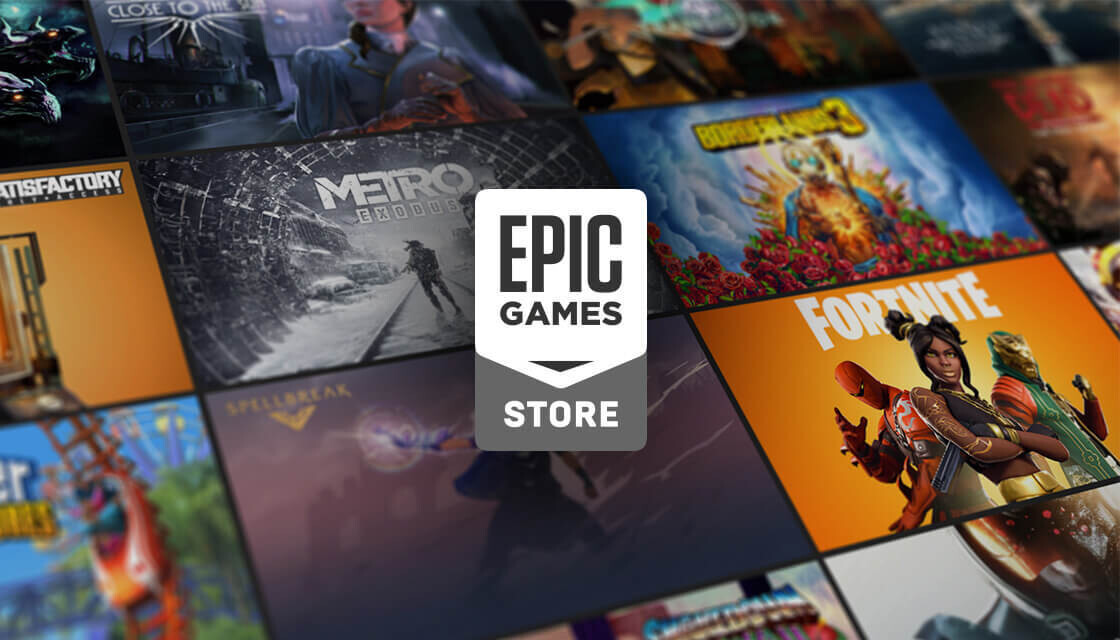Promotions have been a part of marketing for almost as long as there have been products to sell. In gaming, perks for pre-ordering, downloading (on mobile), and free DLC are all considered part of an advertising strategy. For instance, In early February, the upcoming vampire game Redfall announced its own pre-order bonuses, which included two free characters in the $99.99 edition.
Logical Extreme
This strategy resembles something similar in the casino world. In such a crowded marketplace, online casino promotions are often the only way a website can distinguish itself. For making a deposit, the MrQ page provides new players with twenty free spins on the Uncharted-like Book of Dead. This offer is nestled between a more traditional refer-a-friend bonus and a bounty for verifying a phone number.
Tim Sweeney’s Epic Games has taken this marketing strategy to its logical extreme by giving away free full games. In 2019, the Epic storefront handed out 67 titles, followed by 103 in 2020, 85 in 2021, and 65 in 2022. Of course, all of these games incurred a cost for Epic. The very first game given away – Subnautica – in the week of December 12, 2018, cost Epic $1.4m, presumably to cover developer Unknown Worlds’ lost sales.
To date, 745m games have been scooped up by potential customers, at a cost to Epic of almost half a billion dollars, based on a 2019-2020 deficit of $450m and GameRant’s prediction of a $139m loss in 2021. The Game World Observer website added that, by 2027, Epic could be sitting in a $1bn hole. This is roughly one-sixth of the money it earned from the battle-royale game Fortnite in 2021, which it owns.
Blockchain
While there are a hundred different conversations that could be had about this topic, such as whether it devalues a medium sometimes considered an art form, one thing is plain – Epic’s generosity has a time limit. The company does expect its store to become profitable by 2025, by which it will (hopefully) be able to convert all the people who claimed its free games to full customers. The question is – how likely is that?
The problem is that the frequency of Epic’s gift-giving means that there has been no need for anybody to actually buy anything. From new AAA games to ancient indie treats, almost everything has made its way onto the free game conveyor so far. This means that a lull in the practice may come as a shock to the millions of people who haven’t bought anything from the store since December 2018.
Epic does seem to be anticipating a slight change in direction during this decade. The storefront wants people to know that it’s interested in blockchain technology, largely because its rival Steam wants nothing to do with it. While this could have the unfortunate effect of driving off people who object to Web3 ideas like NFTs and cryptocurrency, it could also open up a new market Epic and create even more publicity.
In the meantime, Epic’s free game carousel will probably stop moving around 2025. Until then, expect the recent decline in volume (103 in 2020 to 65 games in 2022) to continue.


